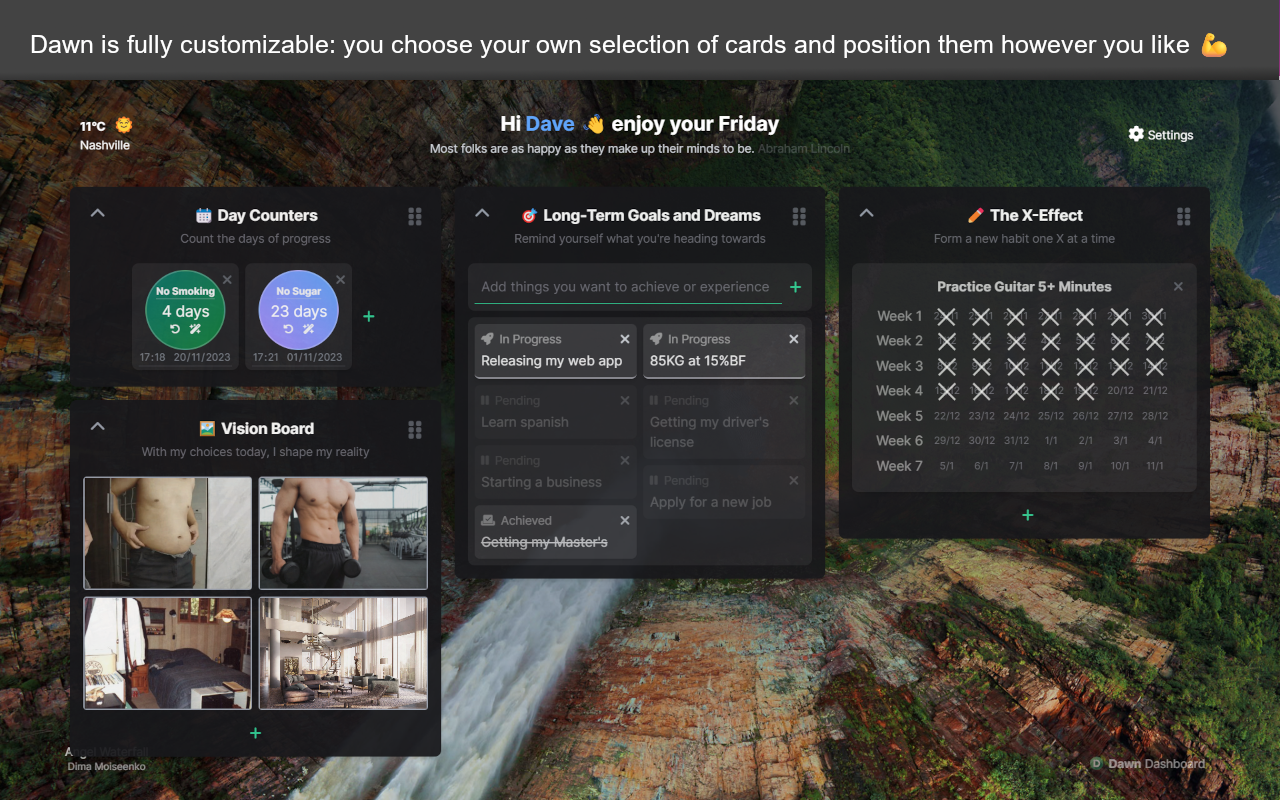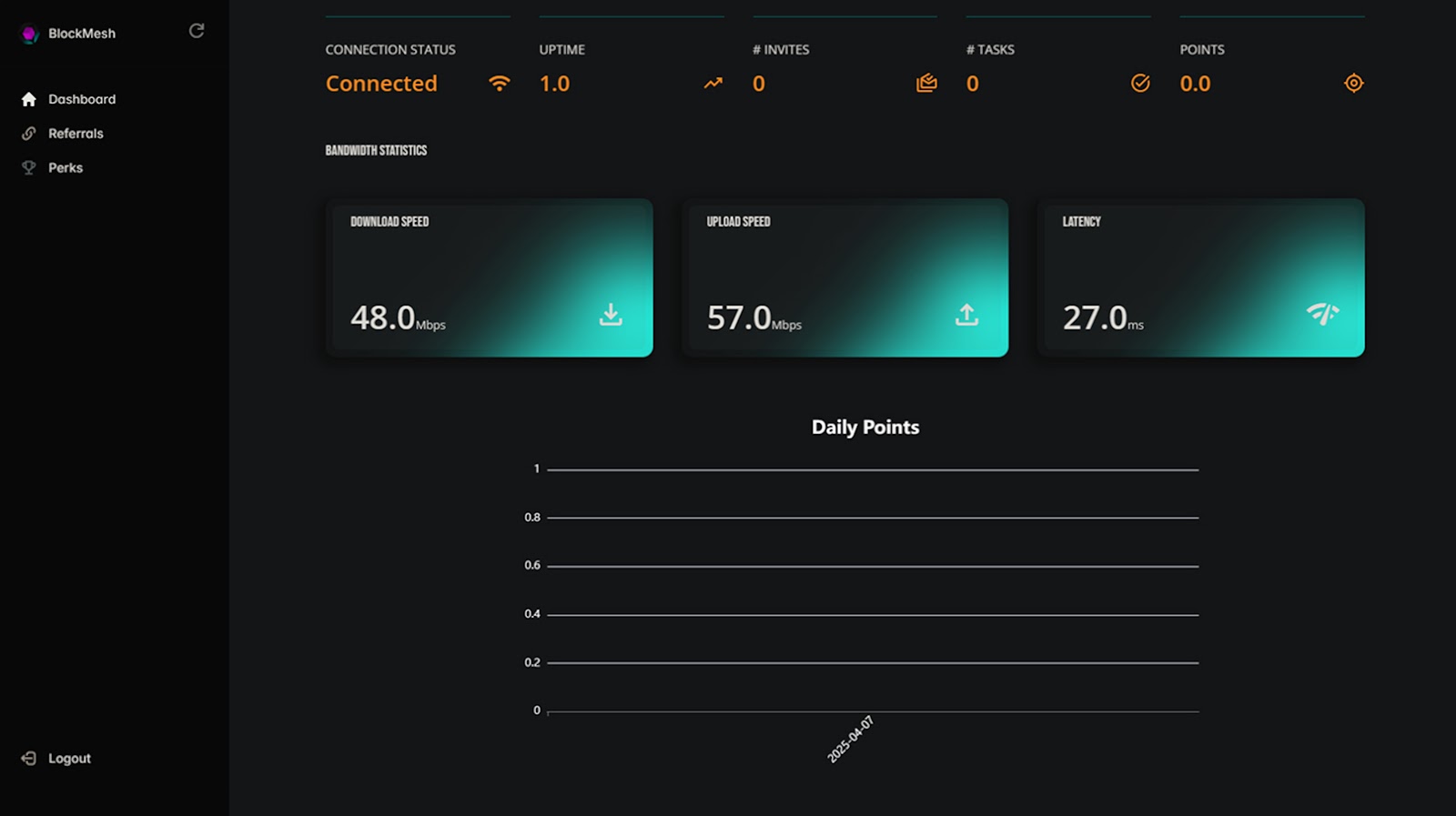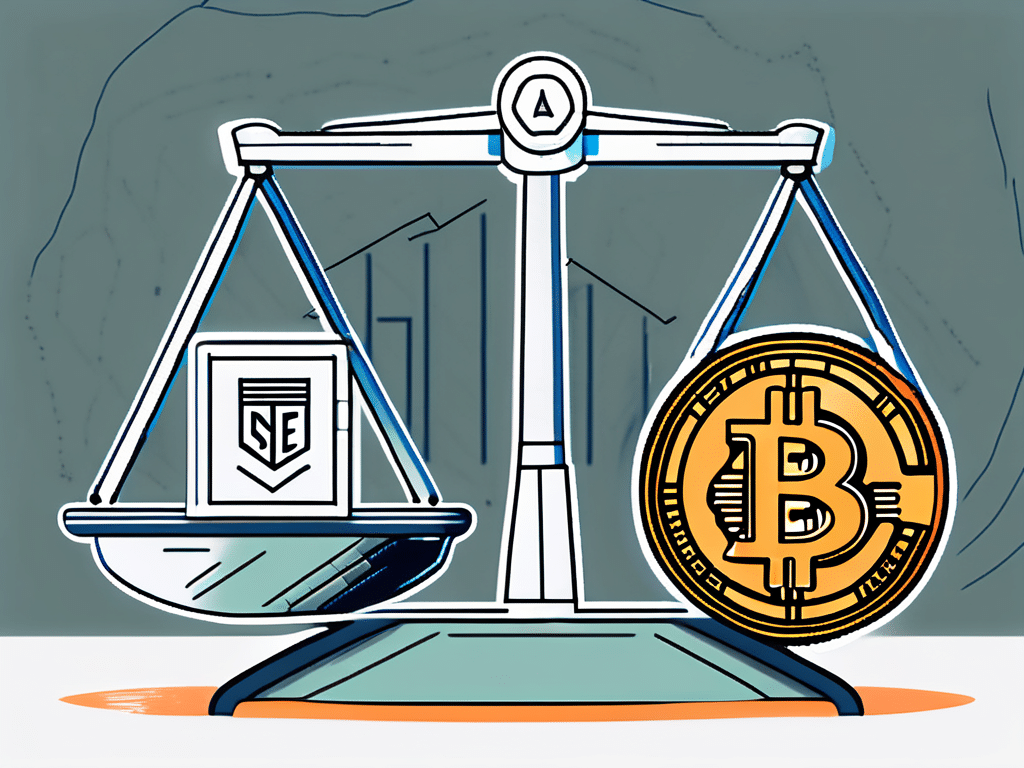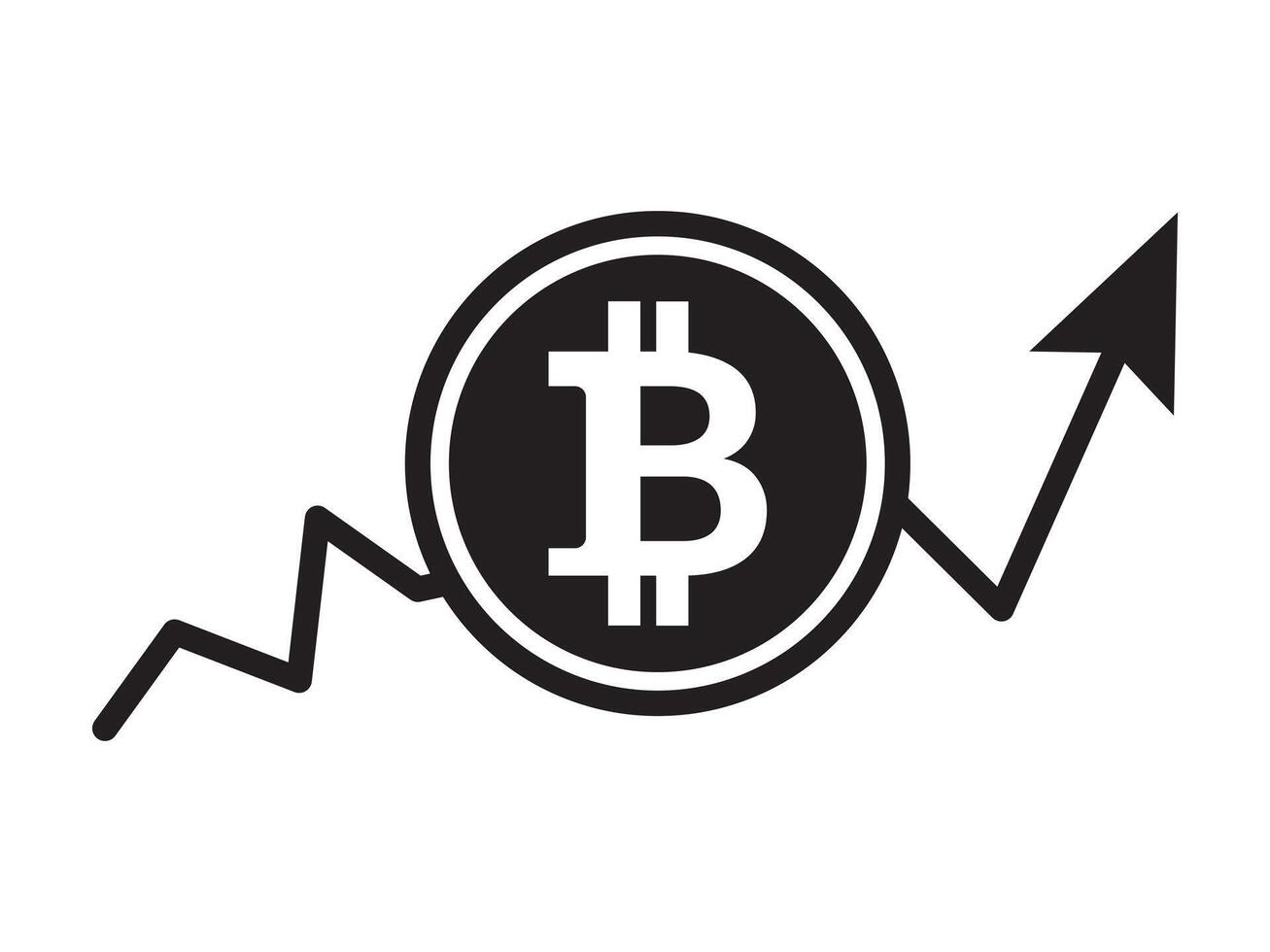
Solana’s Decentralized Physical Infrastructure Networks (DePIN) are fundamentally reshaping how communities access and own internet connectivity. In a sector long dominated by centralized ISPs, new protocols like DAWN Internet are leveraging Solana’s high-speed, low-cost blockchain to create a community-owned internet that is both resilient and economically inclusive. This shift is not theoretical – it is already underway, as evidenced by the rapid expansion of DAWN’s decentralized broadband network and its recent partnership with Helium.
DAWN Internet: A New Paradigm for Bandwidth Sharing on Solana
The core innovation behind Dawn Internet Solana lies in its decentralized bandwidth-sharing model. Instead of relying on a handful of telecom giants, DAWN empowers everyday users to validate, share, and monetize their excess internet bandwidth. Anyone can participate by downloading the DAWN Validator Extension or running compatible hardware, turning their idle WiFi into a productive asset that earns DAWN tokens based on uptime and throughput reliability.

This approach not only rewards individuals for contributing to network resilience but also creates a flywheel effect: more validators mean greater coverage, which attracts more participants and drives further decentralization. The proof-of-backhaul mechanism ensures that bandwidth contributions are verifiable and reliable – critical for maintaining quality of service across the network.
Helium x DAWN: Scaling Community-Owned Internet Through DePIN Collaboration
The September 2024 integration between Helium and DAWN marks a strategic milestone for DePIN initiatives on Solana. By allowing Helium hotspot operators to provide DAWN broadband services (and vice versa), the partnership amplifies both networks’ reach without sacrificing decentralization or trust-minimization. This collaboration demonstrates how composable DePIN protocols can challenge incumbent ISPs by offering affordable alternatives built from the ground up by local stakeholders.
This synergy is especially relevant as both projects leverage Solana’s throughput advantages, supporting seamless micro-rewards distribution at scale with minimal transaction fees. For investors and risk-conscious participants, this means lower operational overheads while maintaining robust economic incentives for all contributors.
Tokenized Incentives: The Mechanics of DePIN Rewards on Solana
At the heart of Dawn’s growth engine is its reward structure. Participants earn DAWN tokens according to two primary variables: bandwidth provided (in GB) and network uptime. The protocol quantifies each node’s contribution using transparent metrics validated on-chain, ensuring that rewards are distributed fairly and efficiently.
How Users Earn Rewards in Dawn Internet
-

Proof-of-Bandwidth Validation: Users earn DAWN tokens by running the DAWN Validator Extension in their browser, which measures and verifies the amount of bandwidth they provide to the network. The more bandwidth validated and shared, the higher the rewards.
-

Uptime Bonuses: Consistent and reliable network participation is incentivized. Users who keep their connection active and maintain high uptime receive additional DAWN token bonuses, rewarding stability and reliability in the decentralized network.
-

Referral Incentives: By inviting friends and new participants to join the DAWN network, users can earn extra DAWN tokens. The referral program encourages network growth and community engagement, directly benefiting active promoters.
This system not only incentivizes reliable service but also aligns economic interests across the entire ecosystem – from individual validators to large-scale community organizers. As tokenized rewards accrue value in tandem with network usage growth, early adopters benefit from both direct earnings and potential appreciation as demand for decentralized connectivity increases.
Backing Expansion With Strategic Capital
The recent $18 million Series A extension led by Dragonfly Capital brings Andrena’s total funding for Dawn Internet to $38 million (source). This capital infusion is earmarked for expanding affordable high-speed access while migrating existing customers fully on-chain – a move that underscores investor confidence in DePIN as an investable thesis despite ongoing volatility in broader crypto markets.
As of September 22,2025, Binance-Peg SOL (SOL) trades at $232.39, reflecting continued institutional interest in scalable Layer 1 solutions powering real-world infrastructure use cases like Dawn Internet (see details here). For risk-aware strategists seeking exposure to community-owned internet protocols with proven traction, monitoring SOL price levels around $232.39 remains crucial as both technical support zones and psychological benchmarks for future capital inflows.
DAWN’s model demonstrates how decentralized bandwidth sharing can turn passive connectivity into an active economic opportunity. By decentralizing internet infrastructure, DAWN not only reduces reliance on traditional ISPs but also redistributes value directly to the communities that build and maintain the network. This is a critical shift: instead of profits accruing to a handful of telecoms, rewards flow to individuals and neighborhoods who contribute real-world resources and stability.
The system’s transparency is further strengthened by Solana’s high-throughput blockchain, which enables near-instant settlement of micro-rewards. This technical advantage is essential for scaling community-owned networks, especially as user growth accelerates following the Helium partnership. For participants, this means faster access to DAWN token rewards and greater visibility into how their contributions are measured and compensated.
Key Risks Facing DAWN Internet & Solana DePIN Initiatives
-

Regulatory Uncertainty: As decentralized internet projects like DAWN and Helium expand, they face evolving regulations around bandwidth sharing, data privacy, and telecom compliance. Unclear legal frameworks could impact network growth and user participation.
-

Bandwidth Reliability: The DAWN network’s success depends on consistent, high-quality bandwidth from community validators. Fluctuations in connectivity or uptime can disrupt service and reduce user rewards, challenging the network’s reputation for reliability.
-

Token Price Volatility: DAWN and Solana-based DePIN projects reward users with tokens whose value can fluctuate. For example, Binance-Peg SOL (SOL) is currently priced at $232.39 (24h change: -$8.60). Market swings can affect participant incentives and the economic stability of the ecosystem.
-

Security Threats: Decentralized networks are attractive targets for cyberattacks, fraud, and node manipulation. Ensuring robust security protocols is essential to protect user data, tokens, and network integrity.
Regulatory clarity remains a moving target in many jurisdictions. While decentralized models offer resilience against single points of failure, they may also attract scrutiny from telecom regulators or policymakers seeking oversight over broadband distribution. Participants should remain vigilant regarding local laws and compliance requirements as these networks expand.
Token price volatility is another key consideration for both contributors and investors. The current SOL price of $232.39 provides a relatively stable benchmark for evaluating network economics (details). However, as with any crypto-backed reward system, sudden price swings can impact the perceived value of participation, underscoring the need for hedged positioning strategies when allocating capital to DePIN assets.
For those seeking exposure or participation in this emerging sector, risk-aware engagement is paramount: monitor SOL’s price at $232.39 closely; diversify across multiple protocols; and stay attuned to evolving regulatory frameworks.
The rise of community-owned internet, powered by Dawn Internet on Solana DePIN, signals a new era where digital infrastructure is both accessible and equitable, as long as stakeholders remain proactive about risk management and ecosystem stewardship.






